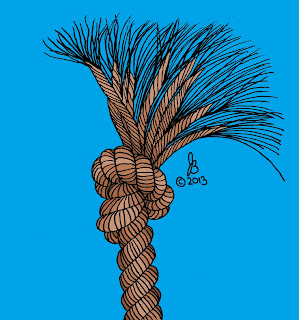So, you're a writer? Undoubtedly you've received a rejection letter. (unless you're some type of wonder-child) Maybe if your writing exhibits some hint of promise, you've been lucky enough to receive a personal rejection, and if you're real close, you might have even received some type of constructive criticism or a short note of advice. However, most rejections are the standard "form letter." Believe me, I've had my share. Before the end of 2012, I received my 145th rejection letter, 99th on this particular project.
I've studied how to write a query, with its various required parts. Less than a page including genre, word count, hook, pitch, and author bio. It takes some work to put one together. But no, this is not about the parts of a query. This is about the parts to a form rejection letter.
Part 1- "Thanks for offering us your project." This is the part where they subliminally tell you how great "they" are and how smart you were to try and get them to represent you. It's the "We know we are soooo great" part of the rejection.
Part 2- Right after letting you know how wonderful they are, comes the "No thanks. You Stink." Some subtle, others not so much. They say things like;
"I cannot take on projects unless I feel strongly about them. I'm sorry to say that it didn't happen with this one."
"I am afraid I must pass."
And the most common. "It's not quite the right fit for our Agency."
Part 3- "This is subjective. Now, please go bother someone else with your dreams of becoming published." Typically, they say, "This, of course, is just my opinion and others may feel differently." Duh! Thanks a lot.
Part 4- The final part is usually the, "Good luck when you find someone else to bother." There are variations on this too. There's " We wish you every success." or "I hope you find a great agent who will represent you with the enthusiasm that you deserve." If wishing me good luck actually gave me any luck, I'd be published a dozen times by now.
Finally. If you have received any of these common form rejections, take some solace in the fact that the dear agent at least had the courtesy to copy and paste. One recent rejection I received consisted of a mere three words. "Not for me." Wow! That took some thought. I should feel lucky they took three seconds to trash my hopes and dreams.
Have you ever received a form rejection? Did it contain all four parts? Did it contain anything unusual? Anything funny? Let me know. I'd love to hear from you.
Jim







